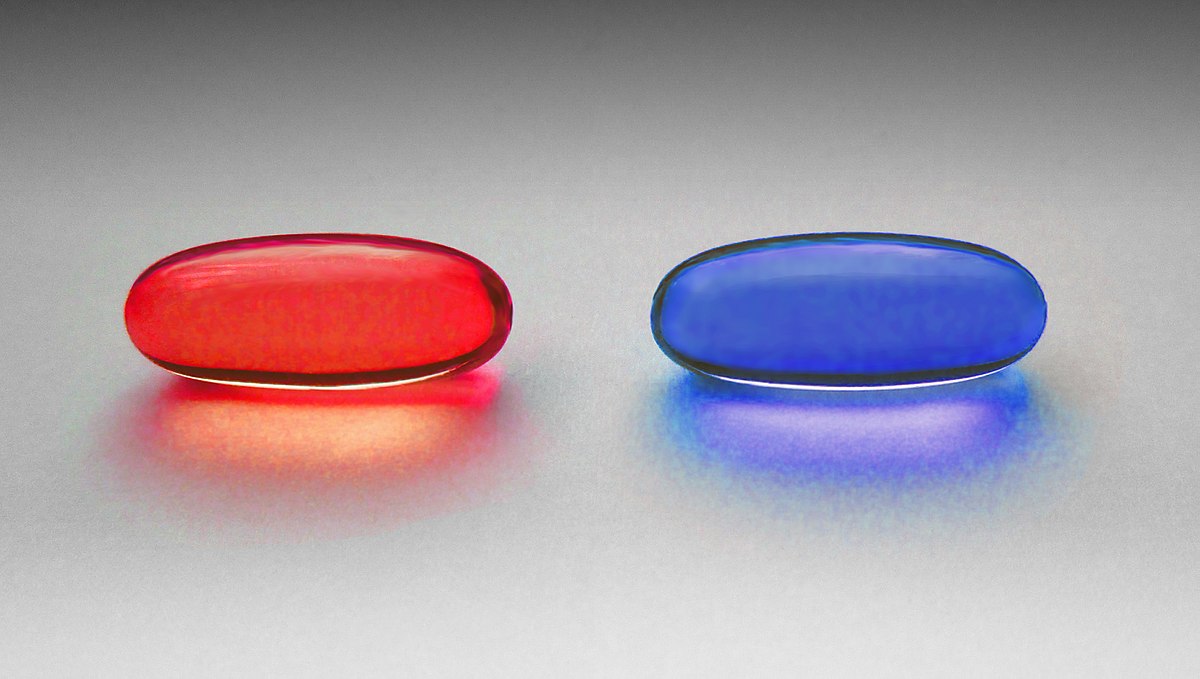This molecule may be the “secret sauce” of exercise — but it won’t work as a pill

- A molecule called N-lactoyl-phenylalanine, or “Lac-Phe” for short, floods blood plasma during and after exercise.
- Researchers found that administering Lac-Phe to obese mice significantly lowered their appetite, reduced body fat, and improved glucose tolerance.
- A Lac-Phe drug could never capture all the benefits of exercise, but even bottling some would make for a fantastic medication.
Exercise alters more than 9,800 molecules in your blood, a process that scientists have called a cellular “symphony.”
“You’re getting such a dramatic change when you exercise and it’s something that permeates throughout your entire system,” Michael Snyder, chairman of the genetics department at Stanford University, told TODAY. We think it’s a global regenerator, if you will… there aren’t that many things that can give you that.”
But not all of these molecules equally provide the benefits of physical activity. Last week, researchers primarily based out of Baylor’s College of Medicine and Stanford’s School of Medicine reported that one in particular seems to play an outsized role. They detailed their find in the journal Nature.
Lac-Phe
The large team of more than two dozen scientists used a strategy called untargeted metabolomics to see what happens to molecules in mouse blood plasma after the critters ran on a treadmill to exhaustion. Conspicuously rising was a compound with the chemical formula C12H14NO4, which the researchers subsequently discovered to be N-lactoyl-phenylalanine, or “Lac-Phe” for short. The modified amino acid is synthesized from lactate (which is produced in abundance during intense exercise) and phenylalanine, one of the building blocks of proteins.
They replicated the mouse experiment in racehorses as well, finding Lac-Phe to be the “most significantly induced circulating metabolite.” Later, they watched Lac-Phe levels mightily rise in 36 human volunteers as they sprinted on a bicycle, lifted weights, or biked for endurance. The researchers noted that the data “establish Lac-Phe as one of the top exercise-regulated metabolites in humans.”
So it seems that the blood is flooded with Lac-Phe during, and in the wake of, exercise, particularly when it is intense. Could it perhaps be responsible for imparting some of exercise’s miraculous effects on health?
Sorry, no “exercise pill”
To find out, the researchers injected obese mice with Lac-Phe, finding that it significantly lowered their appetite, reduced body fat, and improved glucose tolerance over the ten-day study period. Interestingly, Lac-Phe didn’t grant these benefits to lean, healthy mice, even when administered at higher doses. Nor did it work when given orally, indicating that Lac-Phe may not work as a long-sought “exercise pill.”
The researchers found further empirical support that Lac-Phe regulates the salubrious effects of exercise in a trial in which they genetically engineered mice without an enzyme key to producing Lac-Phe. Compared to control mice, these mice lacking in Lac-Phe lost much less weight when engaging in an identical exercise program.
Mice administered Lac-Phe did not experience any apparent adverse effects, nor did the molecule interfere with other metabolic functions, an auspicious sign that human trials with the compound could start relatively soon. Long-term studies might reveal that Lac-Phe could reduce the severity of osteoporosis, heart disease, diabetes, cognitive decline, and other health problems that exercise is known to treat. Though a Lac-Phe drug could never capture all the benefits of exercise, even bottling some would make for a fantastic medication.
Next, the researchers intend to zero in on Lac-Phe’s effects on the brain. As they wrote:
“Future work uncovering the downstream molecular and cellular mediators of Lac-Phe action in the brain may provide new therapeutic opportunities to capture the cardiometabolic benefits of physical activity for human health.”





